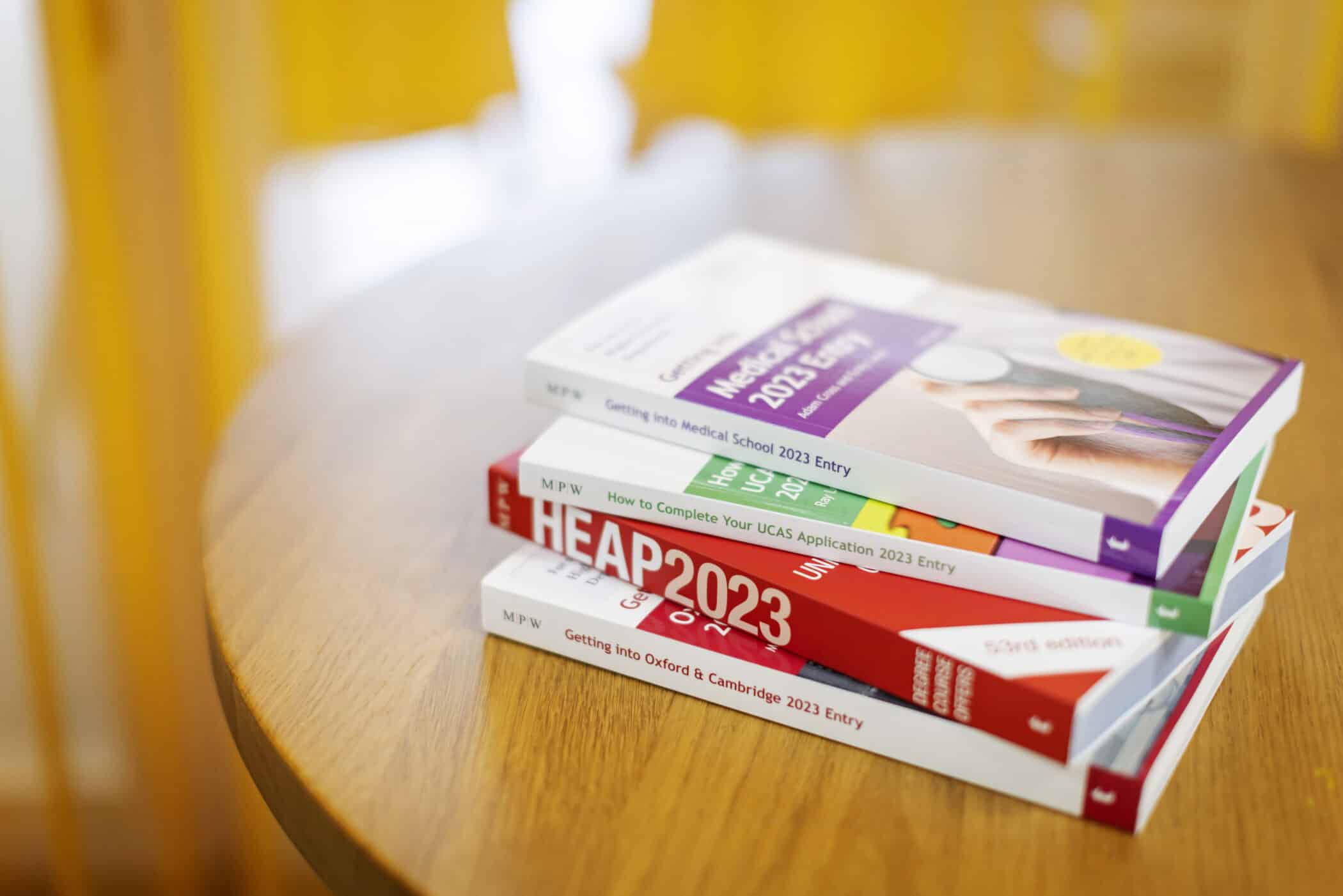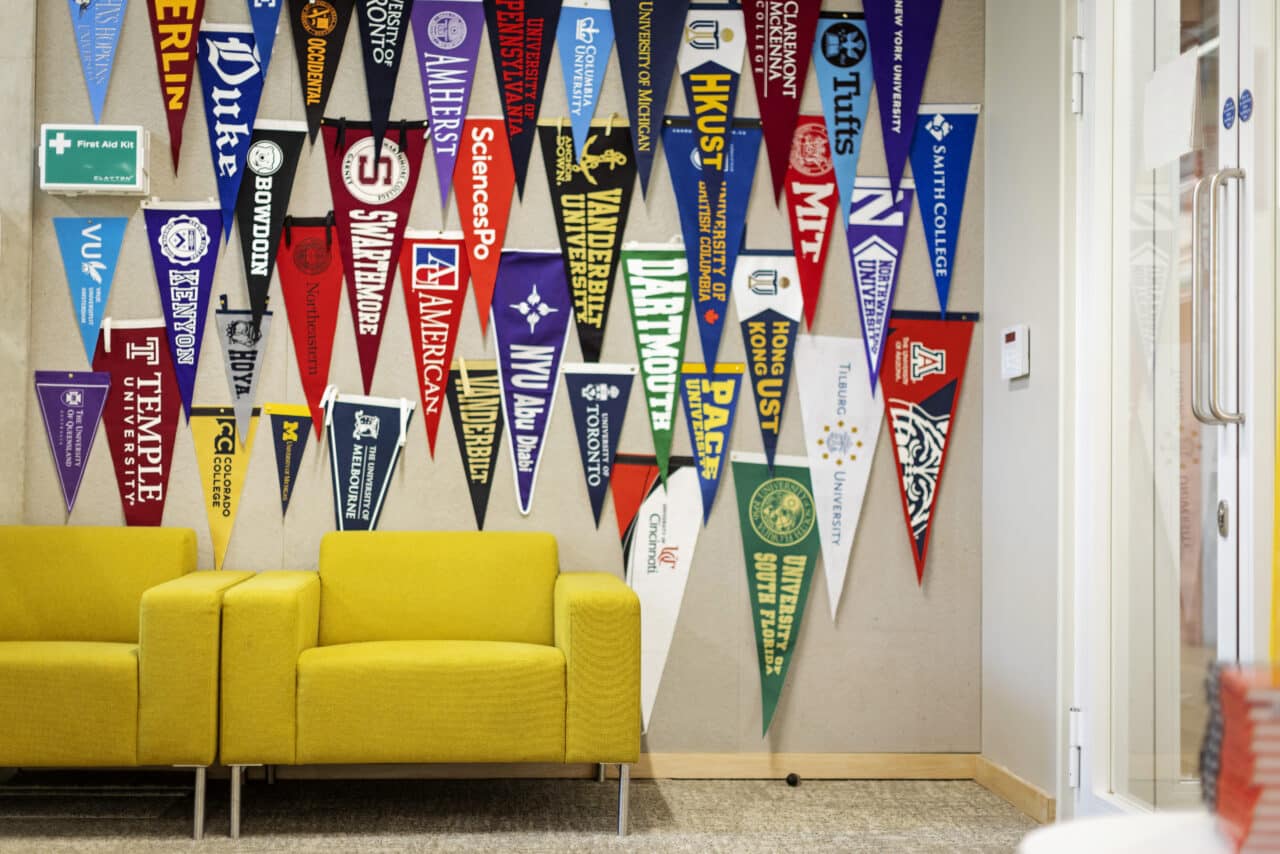University FAQ

Do admissions tutors understand the IB?
How will the changes to A-level impact on IB candidates?
Has the A* grade at A-level led to fewer offers for IB candidates?
Are there so-called soft Higher Level subjects, like soft A-levels?
Do universities take any account of IB SL grades?
How do universities feel about gap years?
Does Deferred Entry make it more difficult to receive an offer?
What are the advantages/disadvantages of applying after receiving results (PQA)?
How many universities now interview apart from Oxbridge?
How should prospective applicants for Medicine approach their applications?
Are there scholarships for university study in the UK?
To what degree do school and social background affect application outcomes?
How important is work experience for a university application?
How accurate are the university league tables?
Is HL Maths necessary for an Economics degree?
How important are I/GCSE results in a university application?
Which Oxbridge colleges are the easiest to get into?
Where Next?

Higher Education
Read more

US and international universities
Read more

Equity, Diversity and Inclusion
Read more